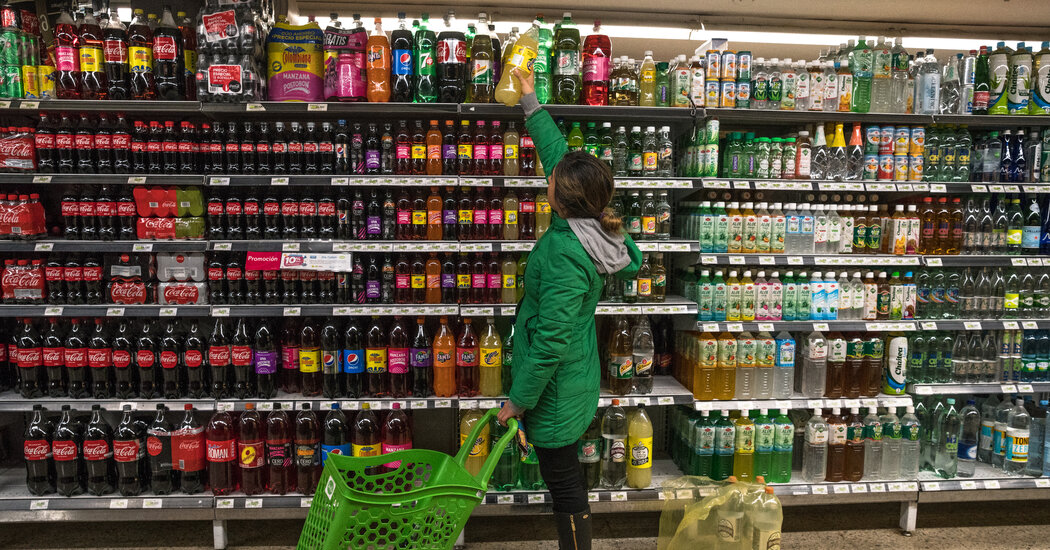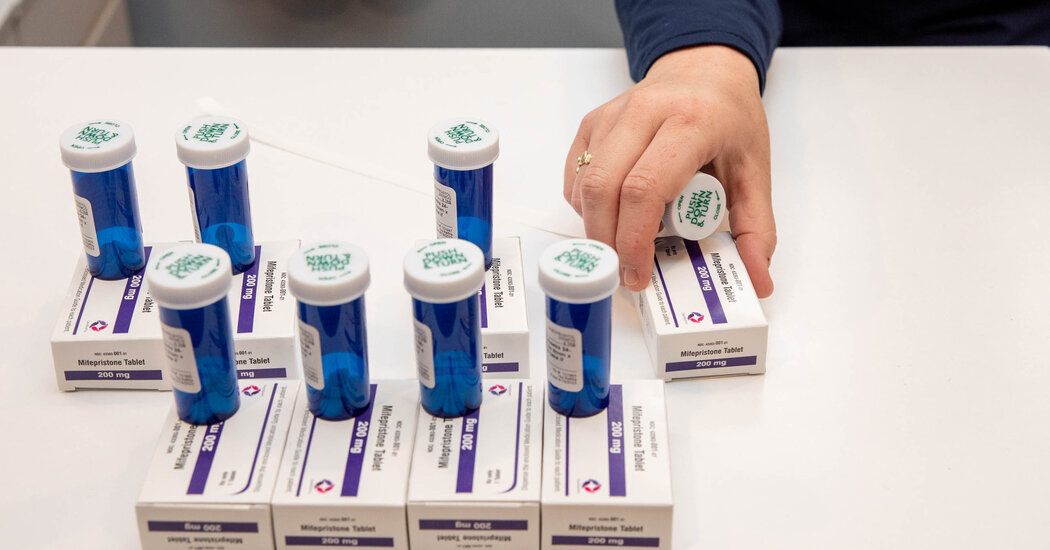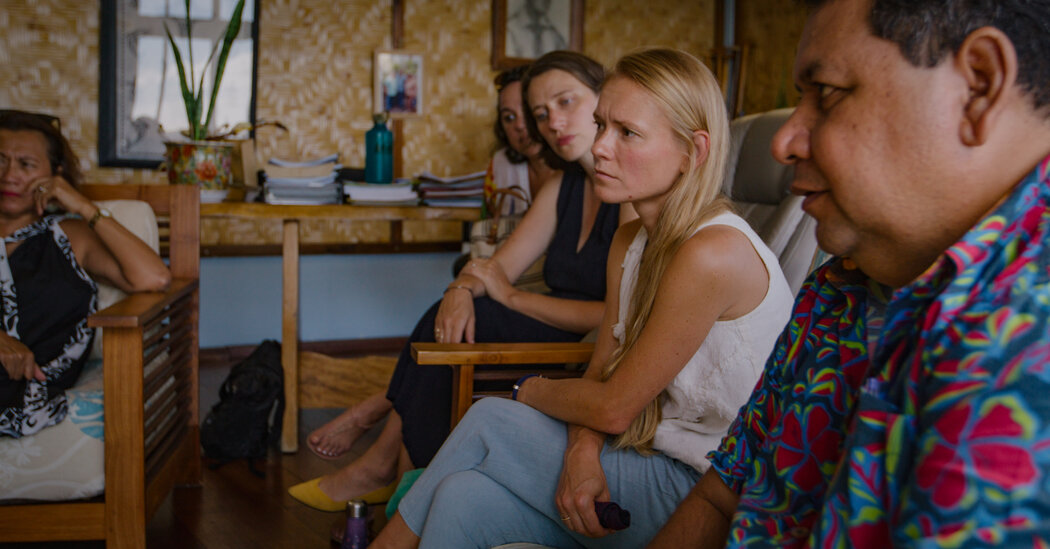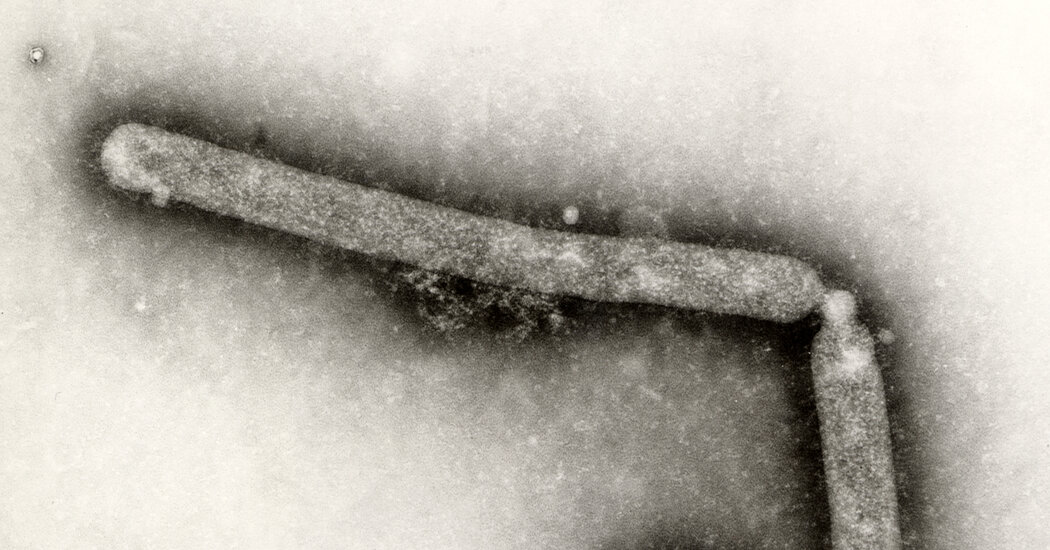“This replicates and reinforces what we already know about sugar-sweetened beverages,” he said, “but the findings highlight their severe costs on health and productivity, especially in Africa and Latin America.”
The study detailed intriguing patterns in the consumption of sugary drinks. For example, researchers found that men had modestly higher rates of soda consumption than women. Intake was higher among the well-educated, especially in sub-Saharan Africa, South Asia and Latin America. In the Middle East and North Africa by contrast, the study found that soda consumption was higher among adults with comparatively lower levels of education.South Asia, Southeast Asia and East Asia had the lowest rates of excess cardiovascular disease and Type 2 diabetes linked to sugary drink consumption, the study found, though the authors noted that the data did not include sugar-sweetened tea and coffee, items that are popular in those parts of the world.
Laura Lara-Castor, a nutritional epidemiologist at the University of Washington and another lead author of the Nature study, said the higher rates of consumption among educated adults in sub-Saharan Africa reflected in part the aspirational lure of soft drink brands associated with Western tastes and style — a result of the sophisticated and well-funded advertising campaigns by multinational beverage companies.
“Consuming these drinks is often a mark of status,” she said.
Despite the study’s grim findings, Dr. Lara-Castor and the other authors said the data also contained reasons for hope. Soda consumption in Latin America and the Caribbean is already beginning to decline, thanks in part to policies like soda taxes, marketing restrictions and package labels that seek to educate consumers about the dangers of products high in added sugar. (In the United States, consumption of sugar-sweetened beverages has dropped since its peak in 2000 but those declines have largely plateaued in recent years.)
More than 80 countries have adopted measures aimed at decreasing sugary drink consumption.
Paula Johns, executive director of ACT Health Promotion, an advocacy group in Brazil, said the Nature study showed that education alone was not enough to dampen consumer zeal for sweetened drinks. In recent years, she said that Brazil had adopted a number of policies that are beginning to dent the nation’s love affair with highly processed food and sugary drinks. They include better school-meal programs, bold front-of-package warnings and a new excise tax on beverages with added sugar.
“There’s no magic bullet,” she said. “But all these policies, taken together, help send the message to the public that sugar-sweetened beverages are really bad for your health.”







